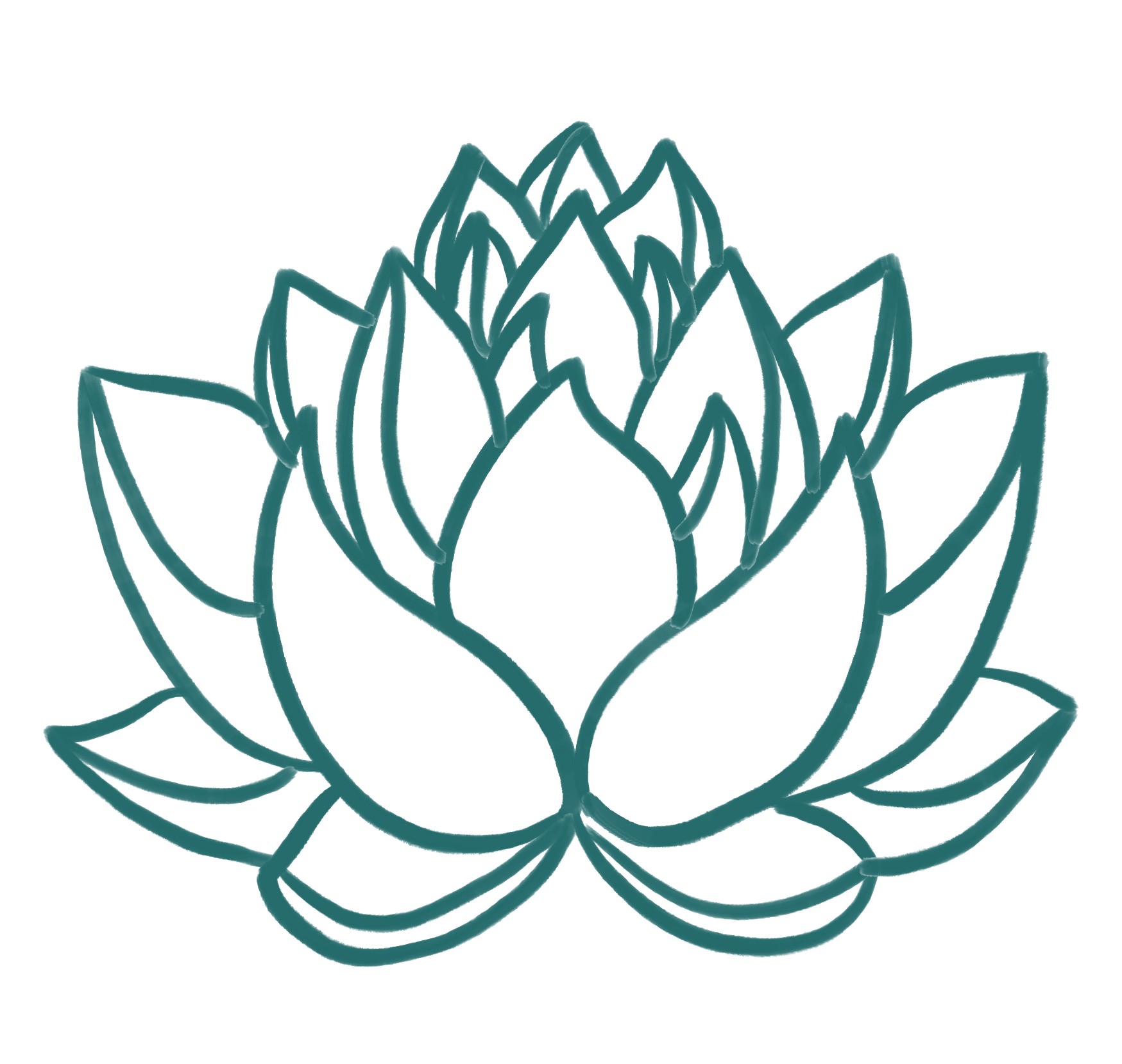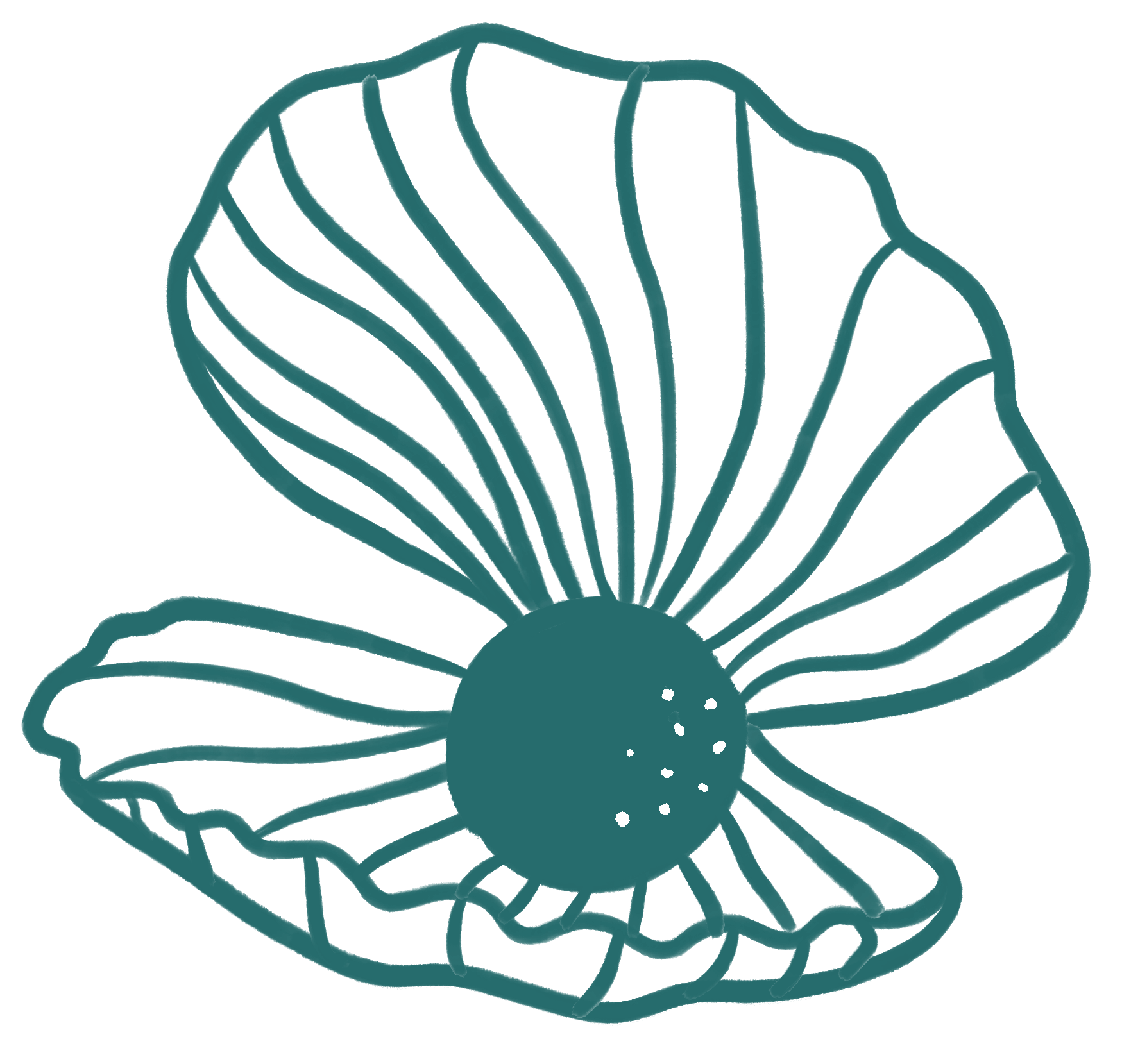Ketamine Assisted Therapy
Ketamine Assisted Psychotherapy (KAP) is an innovative modality that induces an altered state of consciousness using ketamine lozenges in order to facilitate psychological healing. Ketamine Assisted Psychotherapy in Asheville is available in a one-on-one format in our curated, private retreats for both individuals and couples as well as in a group format, in which participants have a community of peers for support.
learn more ↓
➤ Private KAP provides a greater opportunity for introspection and privacy during your treatment. Private KAP is offered to individuals and couples in our curated retreat format as well as day visits and virtually (when appropriate).
➤ Group KAP can be an opportunity to experience a relational context while simultaneously working toward personal goals. Group KAP is offered to individuals and couples in a two-night retreat format.
Ketamine-Assisted Psychotherapy Protocols:
We believe that a trusting therapeutic relationship is essential to effective ketamine therapy. While the infusion-only model of ketamine therapy may seem slightly less expensive in the short term, the benefits of the infusion-only method seem to dissipate over time. Integrating the powerful insights from the ketamine experience in the context of a trusting therapeutic relationship is essential for creating lasting change.
At Center for Inner Healing , practitioners utilize protocols of psychedelic psychotherapy protocols as taught by the Multidisciplinary Association of Psychedelic Studies and Fluence, with pre-selected music, headphones and eyeshades to deepen the inward journey and enhance the power of the medicine. Sessions typically last about three hours and participants almost always report a helpful experience that is relevant for the issues they are working with.
Ketamine-assisted psychotherapy in North Carolina catalyzes the benefits of psychotherapy by reducing defenses and the fear response while enhancing the ability to see life from a new perspective.
A complimentary 15-minute consultation is required to determine appropriateness of treatment modality.
➤ Studies have demonstrated ketamine to be a safe treatment with only rare and mild side effects. The psychiatric use of ketamine has been explored in the past decade and utilizes a small fraction of the doses employed in other medical settings. Given the much lower doses, ketamine is incredibly safe when used for psychedelic-assisted therapy.
➤ During the past decade, the field of psychiatry has seen a flood of new research that demonstrates the healing potential of ketamine for a variety of issues, including depression, bipolar disorder, trauma, OCD, addiction and other mental health issues. Studies document that folks with treatment-resistant depression respond well to ketamine— often very quickly— even after other therapies and medications have been unsuccessful.
➤ Uncommon side effects include mild nausea and headache. Fatigue and disorientation are commonly reported following a medicine journey. We require that someone else drive the client home after the treatment as the after-effects may include drowsiness or poor coordination can last a few hours. Our onsite accommodations allow clients the option to integrate in the scenic Blue Ridge mountains prior to returning to the demands of life.
The Medicine:
Ketamine is a generic, “dissociative anaesthetic” medication that has been prescribed safely for 50 years as an anesthetic agent in medical procedures. Currently, Ketamine is the only legal, FDA-approved psychedelic used in a clinical setting. We will offer additional psychedelic-assisted therapies as other medicines are rescheduled by the FDA, pending regulations.
Ketamine has been used worldwide since 1970 and has been listed as an essential medicine by the World Health Organization since 1985. Over the course of its history, practitioners and medical researchers have discovered ketamine’s psychedelic healing powers for a wide range of mental health conditions. In recent years, ketamine has demonstrated great success as an off-label option for Treatment Resistant Depression (TRD), PTSD, OCD, addiction, and other psychological disorders. The doses used in psychiatry are a small fraction of the doses used for anesthetic purposes.
Participants at Asheville Psychedelic Psychotherapy are often prescribed oral sublingual ketamine lozenges (troches) by our partner psychiatrist. This oral method of administration involves holding a ketamine lozenge in your mouth for 10 to 15 minutes while it is absorbed by the lining of the mucous membrane. When using the oral method, the effects of the medicine arise more slowly and may linger for a few hours following administration. Nausea is a possible side effect of the oral method, and this is mitigated by spitting out the medicated saliva after the absorption period. Participants self-administer and maintain control over their prescription medications at all times. Ketamine is not stored onsite. Your prescriber will explain the process of obtaining the medication in your state.
How does it work?
Ketamine Assisted Psychotherapy in western North Carolina involves a holistic, integrative approach. We incorporate all three healing paradigms above in order to accelerate therapy. Our goal is to make ample, expedient progress so that the medicine is no longer necessary.
-
Ketamine has also demonstrated a robust antidepressant effect. Long-term depression and chronic stress deplete the brain of important connections. Research has shown that new receptor sites begin to form on neurons within 24-hours of ketamine administration. The reactivation of these connections provides the brain with more opportunities for brain chemicals, called neurotransmitters, to bind. Subjectively, this is experienced as new possibilities that were previously unfathomable.
Indeed, research shows that ketamine increases neuroplasticity — the brain’s ability to form new connections. This effect lingers for days after treatment, so new habits and behaviors implemented during the period following a ketamine journey may be easier to sustain. We recommend integration within 48 hours of your ketamine-assisted psychotherapy treatment to utilize this period of increased neuroplasticity .
-
Ketamine can create the experience of separation between the mind and the body, allowing awareness of previously unconscious material while maintaining a conscious state of awareness as the “witness.” The altered state of consciousness may impact psychological perceptions of self, others and the world, allowing the client to view their current circumstances and past wounds from a safe, nonthreatening, objective perspective. This window can provide the momentum and clarity to make positive, lasting change.
Ketamine-assisted therapy awakens the client’s inner healing intelligence so they may witness painful past experiences from a distanced viewpoint. moving us from old, stuck patterns into fresh ways of perceiving self and past experiences.
-
Our clients report that the ketamine experience can be a powerful catalyst for transformation and healing, unparalleled by even years of traditional talk therapy. “Psychedelic” means ‘mind-revealing’ and that’s precisely how ketamine-assisted psychotherapy works from a psychedelic/experiential perspective.
Negative thoughts and ruminations fade as a cascade of neurotransmitters dampen the fear response and increase the capacity for novel experiences. Clients report the feeling of being out-of-body, feelings of joy, relief or surprise, ‘a-ha moments,’ access to old memories, spiritual experiences, and seeing their life from a new perspective. As a result, participants report increased capacity for openness and flexibility, allowing greater understanding and acceptance of self.
Psychedelic therapy in North Carolina can result in a drastic shift in perspective that opens the psyche and the heart to deep psychedelic healing. This shift in perspective changes the way clients see the world, long after the ketamine’s initial effects have worn off.
➤ In order to experience the full benefit of the neuroplastic effect and rebalancing of the neurochemistry through the biological paradigm, IV clinics most recommend receiving in 6-8 ketamine infusions over 2-4 weeks, and then to return every so often for maintenance treatments. The approach at Asheville Psychedelic Psychotherapy utilizes all three paradigms of healing in conjunction to psychotherapy, and this protocol has more profound impacts by combining the medication with a trusted therapeutic presence and integration therapy by a skilled psychedelic-assisted therapist. Clients generally benefit the most from participating in 4 to 10 medicine journeys. Scheduling these sessions close together can expedite progress by taking advantage of the compounding effects of the neuroplastic window. More time between medicine journeys may allow for more time and space to integrate your experiences and to implement supportive habits and behaviors. Your treatment plan will be tailored to fit your individualized needs based on your goals, needs, preferences and schedule.
What does it feel like?
The psycholytic effect typically occurs at lower doses. The prefix, ‘psycho’ refers to the mind and ‘lyse' means loosening or dissolving blocks. At these low doses, clients can participate in therapy with lowered defenses. These sessions may involve more talking and biographical/historical content.
Psycholytic doses may be recommended by your prescriber when the intention is to work through biographical content in the present moment (such as a traumatic past experience) via the expanded state of consciousness. The trance experience allows deep and lasting change to result from processing therapeutic content with an inner-directed therapeutic approach or a formal trauma-processing technique like brainspotting.
The psychedelic experience may occur at moderate doses as the experience of a deep state of witnessing beyond cognitive analysis. A more intense experience can allow participants to observe the mind, body, and life from a detached lens. Our clients are closely supported during the process by a competent, licensed psychedelic-assisted therapist using an inner-directed approach.
Psychedelic experiences tend to involve less talking as the client is instructed to relax and allow the infinite possibilities that may unfold. Clients report experiencing feelings of gratitude, openness, peacefulness and calm, dissolving of the individual identity and seeing past memories in a new light. Psychedelic experiences can be complex and multidimensional, including visual distortions such as intricate closed-eye “visuals,” changes in emotions and mood and increased sensitivity to both internal and external stimuli.












